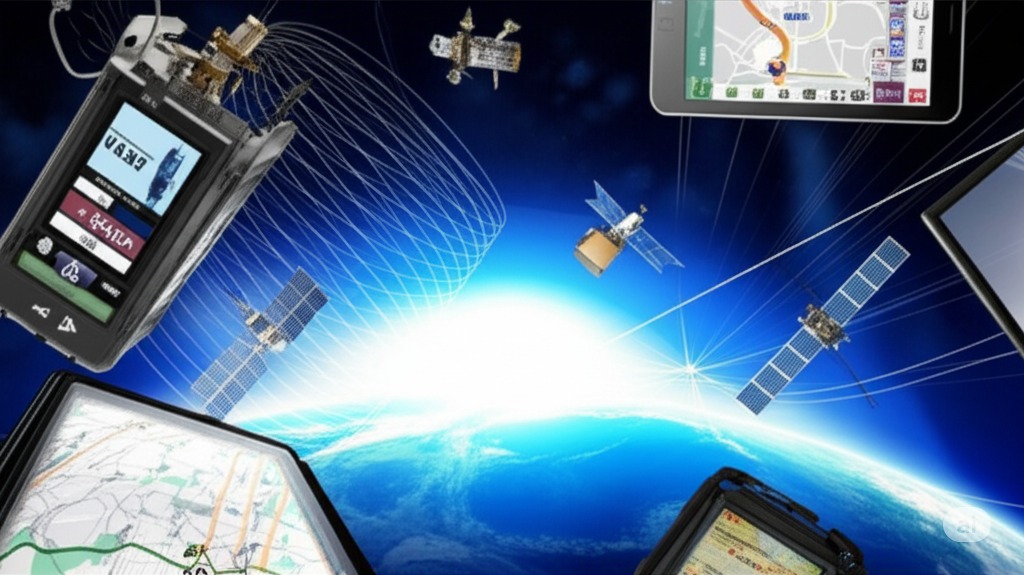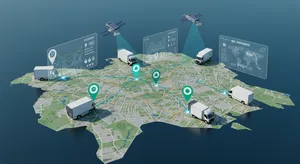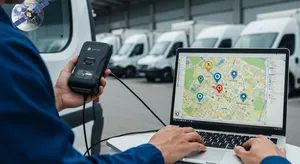Essential Fleet Management Components
- Real-time GPS fleet tracking with live vehicle monitoring
- Fleet management software for complete operations control
- Route optimization systems reducing travel time by 25%
- Driver behavior monitoring and safety management
- Maintenance scheduling and vehicle health tracking
GPS fleet management systems deliver measurable ROI through improved efficiency, reduced fuel costs, and comprehensive operational control across all fleet operations.










